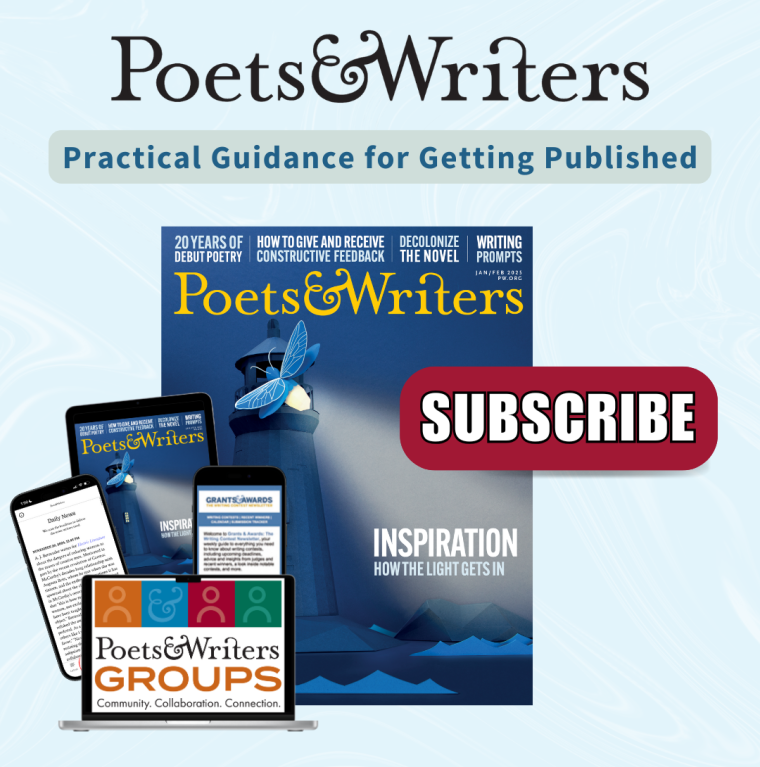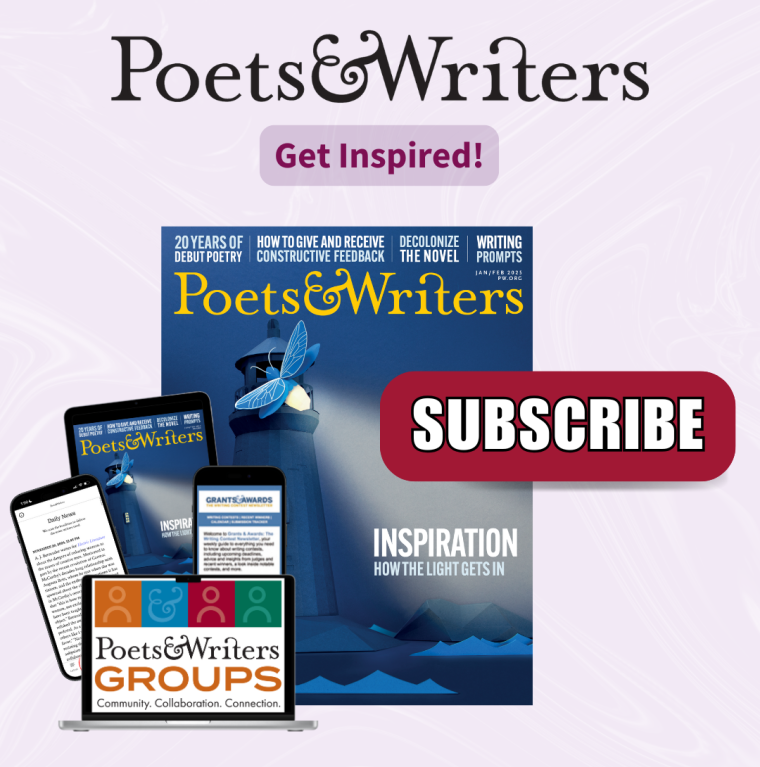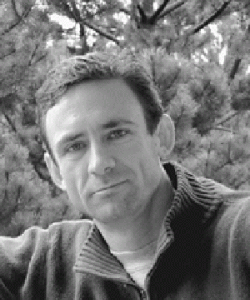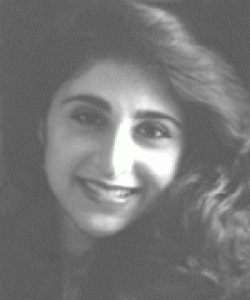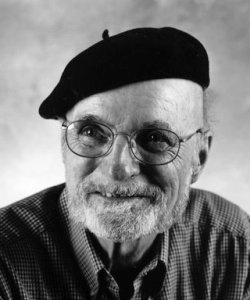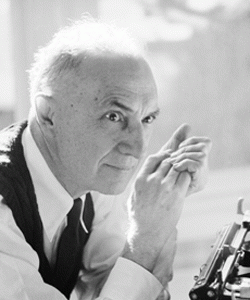In 1998, Dan Bowers, an engineering consultant in Red Lion,
Pennsylvania, was on a mission. His son-in-law, Chief Master Sergeant
Frederick Honeywell, was serving at an Air Force base in Kuwait that
had no recreational facilities and no library—and indeed, no books.
When Honeywell's wife, Chris, told her father about the problem, Bowers
sent some of his own books, as well as donations from others, overseas.
It was the first deployment of what eventually became Operation
Paperback. Six years later, the nonprofit organization has sent nearly
150,000 books to American troops in more than 30 locations, including
Afghani-stan, Iraq, Bosnia, and Kosovo.



